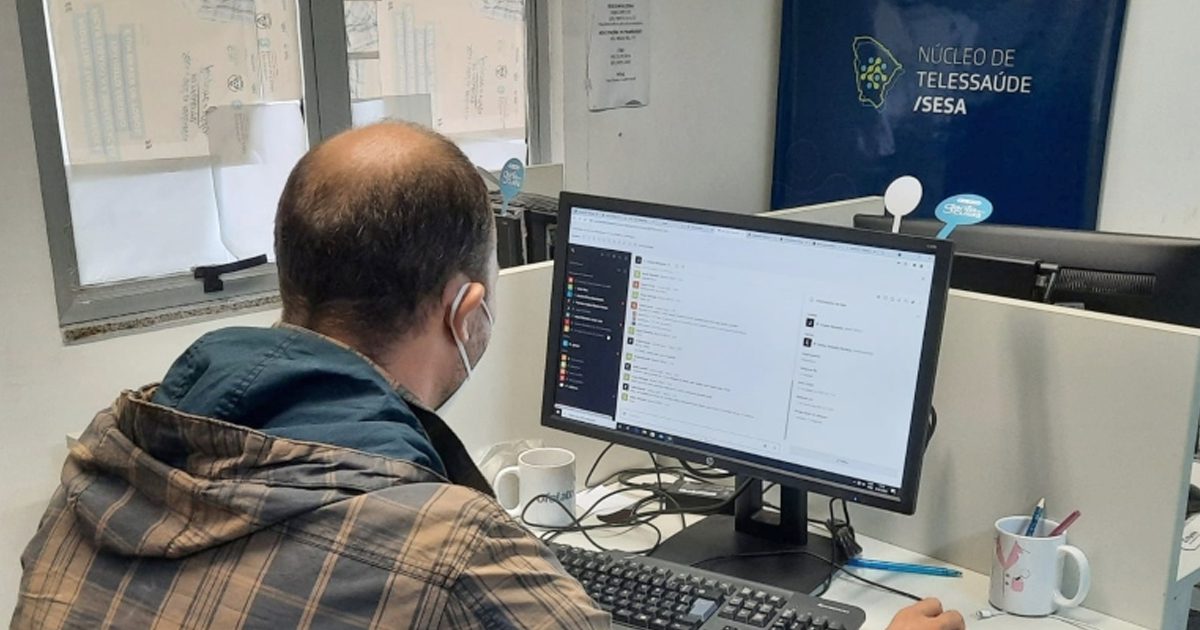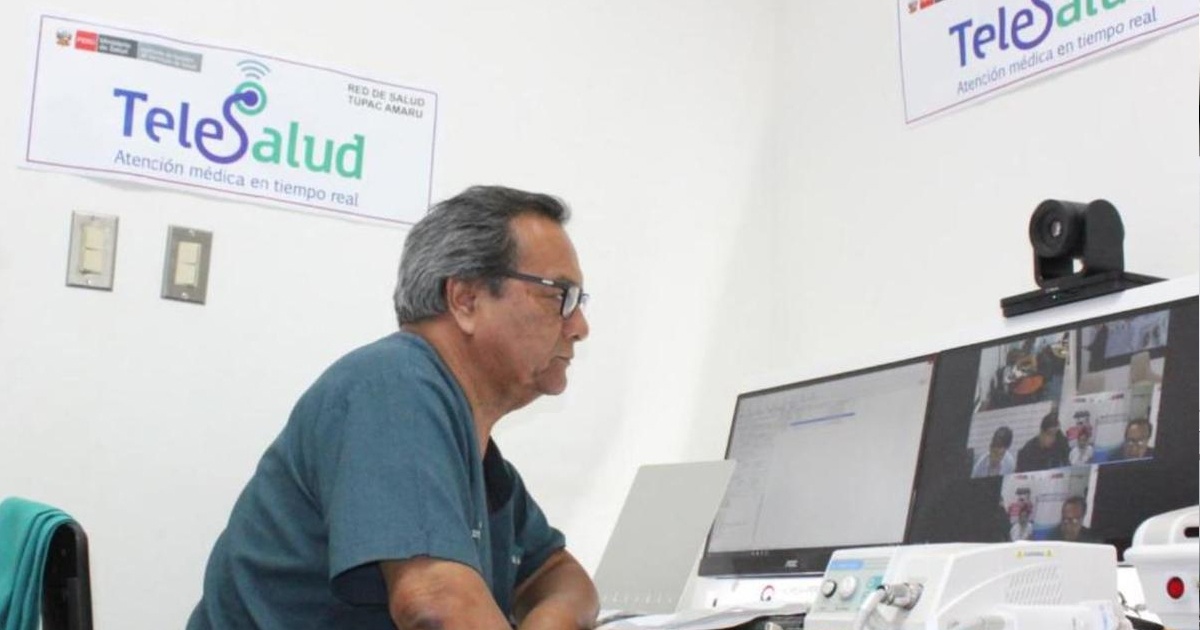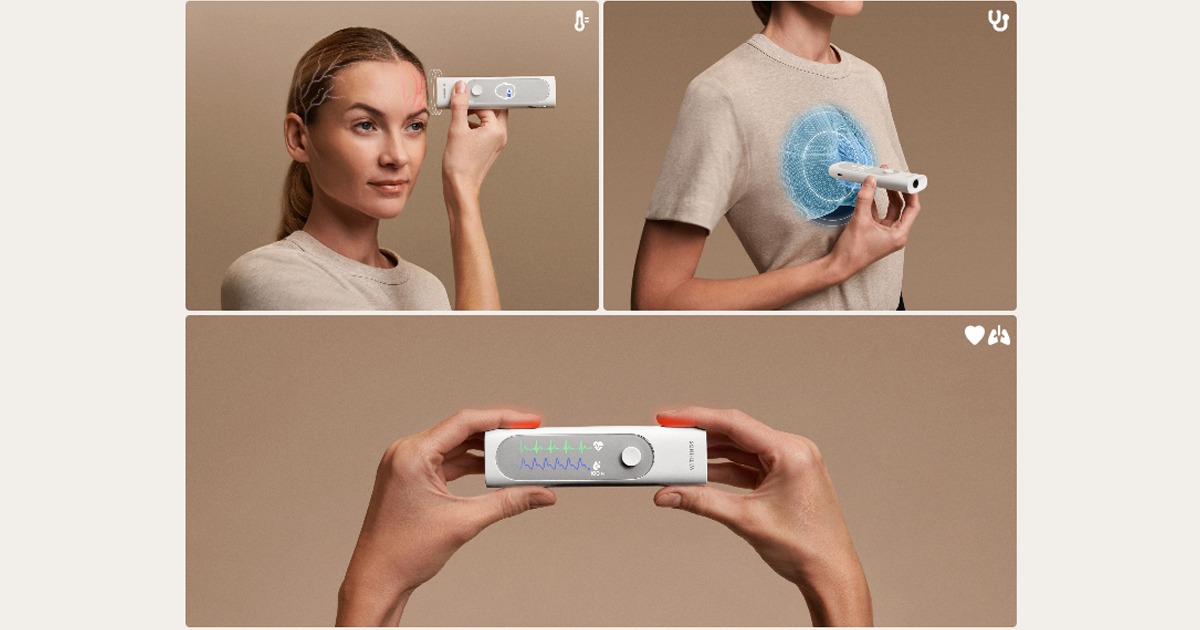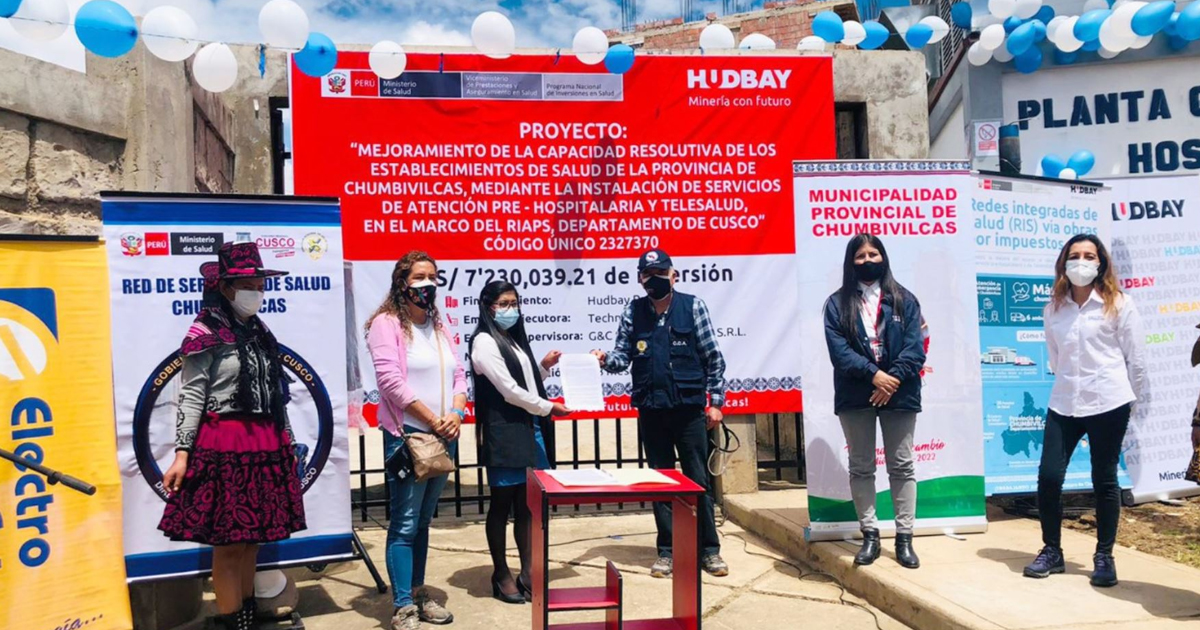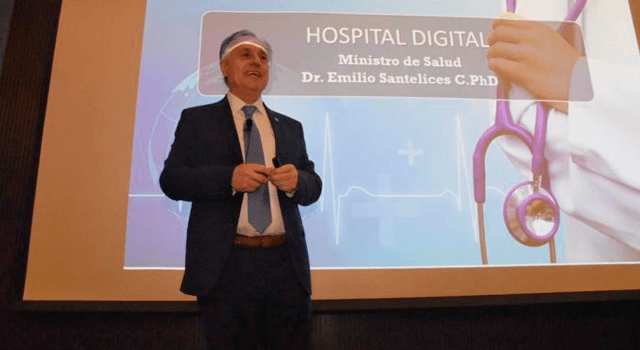Health care has focused in the last century on care in hospitals and clinics. The beginning of the change has begun through the mobile devices found in the home. Also during the pandemic, this transition has been accelerated.
The creation and adoption of new platforms and ways of providing health care will create opportunities not only for health promotion but also for health education and training of professionals.
The article "The new healthcare platforms", published in the journal Nature, details the importance of new healthcare tools in health systems.
There are different tools such as portable ones, whether they are smartphones or smart watches, residential ones, which act permanently from home. “These devices can now detect abnormal heart rhythms, blood glucose levels, cognitive decline and seizures. They do this by capturing objective and frequent data in the real world in contrast to the often subjective and episodic data obtained from a clinic visit. The results are new insights into health and likely earlier and more frequent detection of disease,” the authors explain in the article.
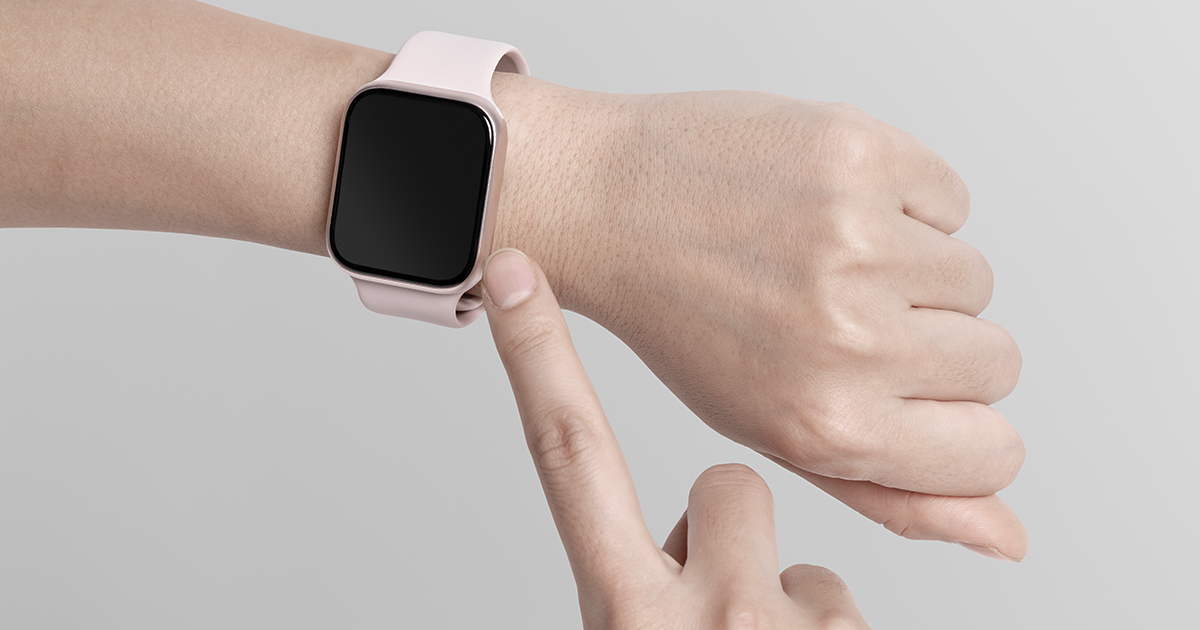
The results shown by these devices can indicate an earlier and more frequent detection of diseases, being regularly exposed to the monitoring of this type of variables is beneficial for the prevention of diseases.
In this way, large technology companies, such as Apple or Google, have completed studies that collect as much data as possible for the early detection of diseases. Using Artificial Intelligence and Big Data technologies, technology companies have published studies on different medical conditions.
On the other hand, technologies such as telemedicine have also stood out during the health emergency, whether from the private or public sector. In the United States, “telemedicine accounted for the majority of patient visits at many medical centers. In the space of weeks, we saw the greatest transformation in the provision of health services in the last 50 years”, explains the article.
However, experts not only highlight its benefits but also its limitations and concerns around, for example, the privacy of user data. As important as the digitization of public health services is the arrival of large broadband connections to remote locations so that they can receive quality remote services. “Alternatively, telemedicine can be provided in clinics or other locations (for example, libraries) close to patients' homes. Everyone will benefit from simpler tools, some of which could be provided directly to people, that almost anyone anywhere can use,” the authors explain.

